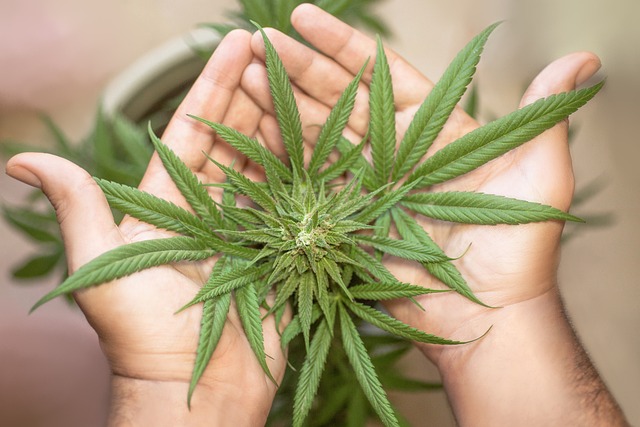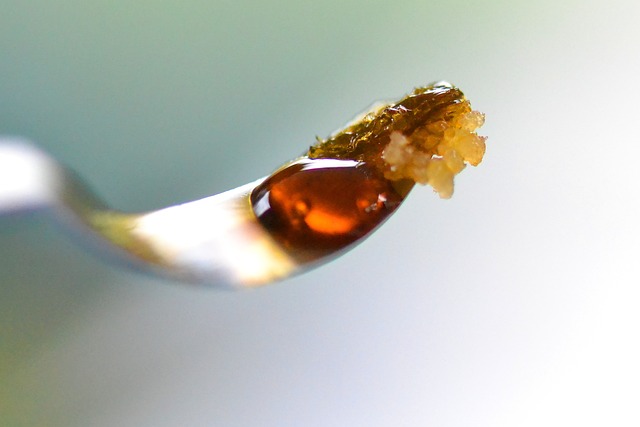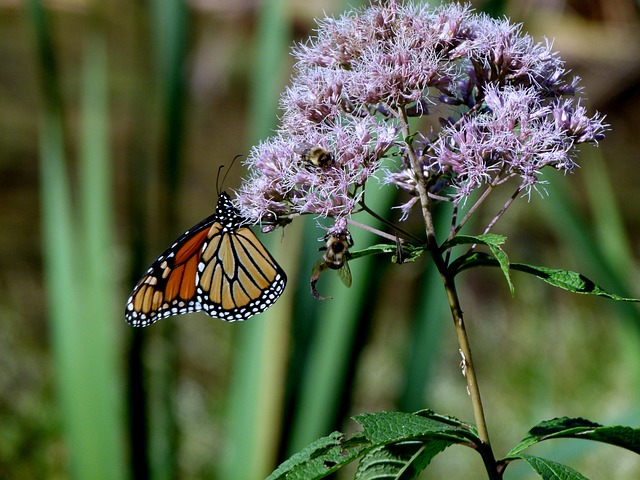🌱 THCA (Tetrahydrocannabinolic Acid), a non-psychoactive cannabinoid found in hemp and cannabis, has gained attention due to its therapeutic potential. With recent legal changes in Delaware, THCA-rich products are now legally permissible, paving the way for research into its benefits like anti-inflammatory and neuroprotective effects. Unlike THC, THCA interacts with the endocannabinoid system without inducing psychoactive effects and is under investigation for its support in conditions involving inflammation and oxidative stress. Delaware's progressive hemp laws are key to advancing this research and providing consumers with access to these compounds within a regulated market. The burgeoning interest in THCA as a natural health intervention is increasing, offering healthcare providers and patients an alternative to traditional treatments.
THCA-rich flower has emerged as a prominent figure in the wellness space, offering a spectrum of potential health benefits that are capturing the interest of consumers and researchers alike. As the understanding of cannabinoids evolves, THCA, or Tetrahydrocannabinolic acid, garners attention for its unique properties and legal status in states like Delaware. This article delves into the multifaceted role of THCA flowers within the realm of health and wellness, shedding light on their distinct characteristics, the legal landscape governing their use, and the burgeoning research that underscores their therapeutic potential. From its anti-inflammatory and neuroprotective qualities to its antioxidant properties, THCA flowers are poised to become a staple in holistic health practices. We will explore how these botanicals can be safely incorporated into daily wellness routines, the importance of decarboxylation, and the entourage effect that enhances their efficacy. As we navigate through the science, market landscape, and ethical considerations surrounding THCA flowers in Delaware, it becomes clear that this natural compound holds great promise for those seeking alternative or complementary health solutions. Join us as we uncover the benefits and implications of THCA flowers within the legal boundaries set forth by Delaware’s regulations.
- THCA Flower: An Overview of Its Emerging Role in Wellness
- What is THCA and How Does it Differ from Other Cannabinoids?
THCA Flower: An Overview of Its Emerging Role in Wellness

THCA, or Tetrahydrocannabinolic Acid, is a non-psychoactive cannabinoid found in the Cannabis sativa plant that has garnered attention for its potential therapeutic properties. As legal frameworks evolve, such as those in Delaware where certain forms of THC-rich hemp are legal under state law, researchers and wellness enthusiasts alike are exploring the benefits of THCA flower. This emerging interest is rooted in the belief that THCA may offer a range of wellness advantages, from anti-inflammatory to neuroprotective effects. Preliminary studies suggest that THCA could influence the body’s endocannabinoid system, which regulates a variety of physiological processes, without the psychoactive impact associated with its decarboxylated form, THC. As such, THCA flower is being investigated for its potential role in supporting overall well-being, with an emphasis on conditions where inflammation and oxidative stress are implicated. The legal status of THCA products can vary by state, with Delaware’s inclusive hemp laws paving the way for research and consumer access to these compounds within the state’s regulated marketplace. This has led to a burgeoning interest in the therapeutic potential of THCA flower, as consumers and healthcare providers alike look to expand the toolkit of natural interventions available for promoting health and wellness.
What is THCA and How Does it Differ from Other Cannabinoids?

Tetrahydrocannabinolic acid (THCA) is one of the most prominent naturally occurring cannabinoids found in the Cannabis sativa plant. It’s the precursor to delta-9-tetrahydrocannabinol (THC), the psychoactive compound well-known for its mind-altering effects. Unlike THC, which is created when heat is applied to THCA (through smoking, vaporizing, or cooking), THCA exists in raw cannabis and hemp plants and exhibits a different set of properties. It’s these properties that have sparked interest in the therapeutic benefits of THCA, particularly in states like Delaware where the legal landscape around cannabis products is evolving.
THCA interacts with the body’s endocannabinoid system through its two primary receptors, CB1 and CB2. Unlike THC, which binds strongly to CB1 receptors in the brain, leading to the ‘high’ associated with cannabis use, THCA has a lower affinity for these receptors, making it non-psychoactive. This characteristic allows users in Delaware and elsewhere to potentially reap therapeutic benefits without the psychotropic effects. Preliminary research suggests that THCA may offer anti-inflammatory, neuroprotective, and antiemetic properties, making it a subject of interest for various health applications. As such, understanding the differences between THCA and other cannabinoids like THC is crucial for consumers and researchers alike, especially as more states, including Delaware, continue to explore and regulate the use of cannabis derivatives.
In conclusion, the emerging role of THCA flower in wellness presents a promising perspective within the realm of natural health supplements. Distinct from other cannabinoids, THCA holds potential benefits that are currently being explored, particularly as it pertains to inflammation and neuroprotection. As research continues to evolve, understanding THCA’s legal status—such as its legality in Delaware—becomes increasingly important for consumers and regulators alike. It is clear that this natural compound warrants further investigation and consideration for its inclusion in wellness routines, where it could play a significant role. With a growing body of evidence supporting its benefits, THCA flower stands out as a noteworthy addition to the conversation on cannabinoid therapeutics.
